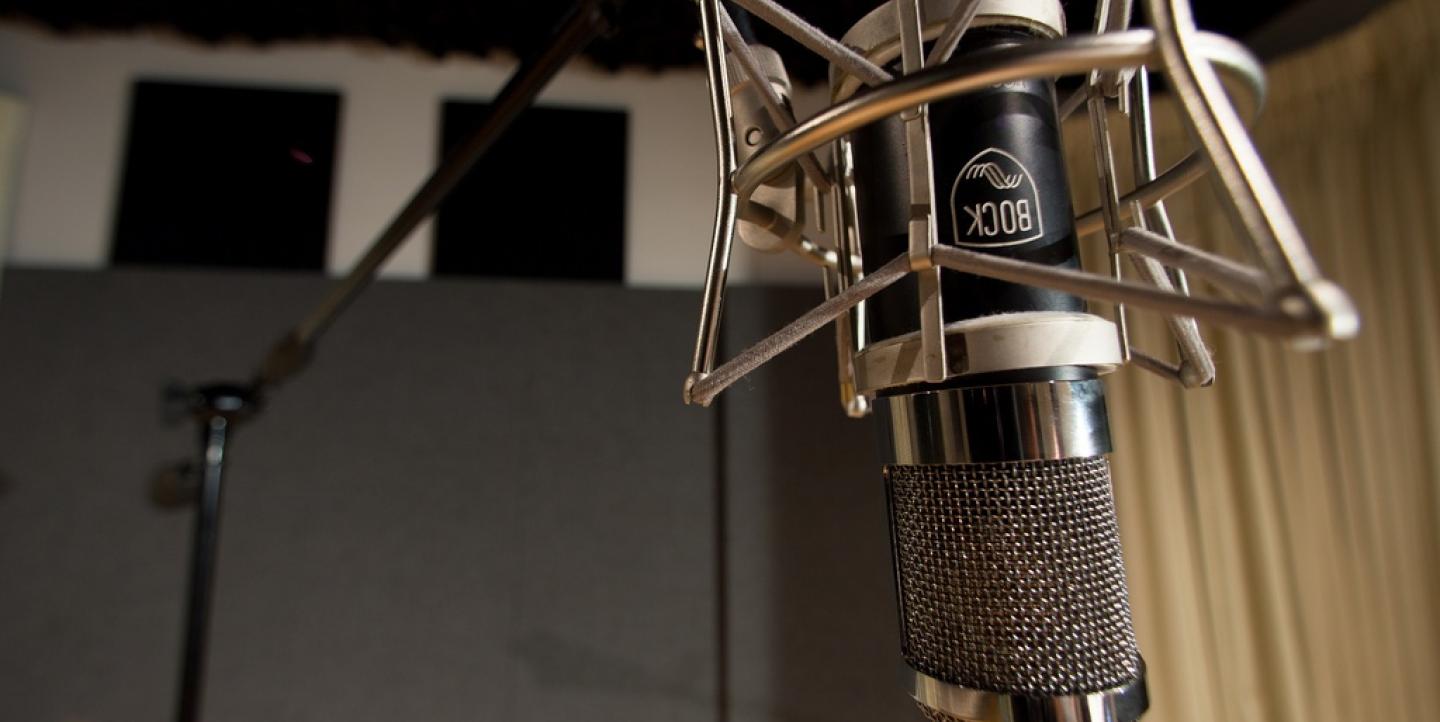Although podcasts were first created in the '90s, they are currently witnessing a revival mainly due to the fact that people nowadays are more mobile-focused than ever. Case in point is WBEZ Chicago's Serial podcast, which launched late last year and became the world’s most popular podcast with 5 million downloads on iTunes.
Podcasts are downloadable audio streams that are usually free of charge, and can be heard directly on their creators’ websites, but many prefer to download them on their mobile devices and listen to them on the go. They cover a range of topics, including journalism and media development, many of which were highlighted by IJNet.
The need for journalists to jump onto the podcast wagon is more important than ever. Hence comes the need for online tools that help journalists create their own audio shows using their desktop or mobile phones.
To accompany tips on getting your podcast heard and podcasting on a budget, IJNet compiled a list of tools that journalists can use to create their own podcasts:
Spreaker: This recently launched mobile app aims to create “radio stars.” It lets anyone create their own show live or as a podcast. With the app’s DJ console, users can also select music tracks from an audio library to add to their shows. This app also lets you explore popular podcasts. While the app itself is fairly recent, Spreaker is also a web platform that has been around for a few years. The app is available for iOS, Android and Windows devices.
Opinion podcast: This easy-to-use iOS mobile app lets you record, edit and share your audio. While the app itself is free, it only lets you create podcasts up to 10 minutes in length. An in-app purchase costing US$3.99 gives you an unlimited recording option.
BlogTalkRadio: This is a web platform that lets you create your own radio show from the comfort of your desktop, then archive it later as a podcast. It offers both free and paid services. It is among the first web tools that provided a podcasting service. You can find webcasts from the Columbia Journalism School on the platform along with many other local news outlets.
SoundCloud: This audio recording app and website, which has 175 million active users and is known for giving independent musicians a platform, has recently opened the door for podcasters by allowing them to have access to an RSS feed of their show which they can later submit to iTunes and other podcasting services. SoundCloud users can upload three hours of audio for free. If users want to record more than three hours, then they have to choose between different payment options. The app is available for iOS and Android devices.
Buzzsprout: This web tool lets you record, edit and submit your podcast from your desktop. You can record up to two hours and host your podcast for up to 90 days for free, but you have to pay for more flexibility. It also provides analytics to inform you how your listeners are using your content. It also gives you the option of migrating old podcasts, and provides you with a customizable website that lets users subscribe to your podcast via iTunes. Buzzsprout offers tips on getting started with podcasting here.
Image CC-licensed on Flickr via audiomixhouse

